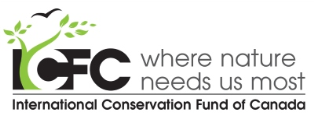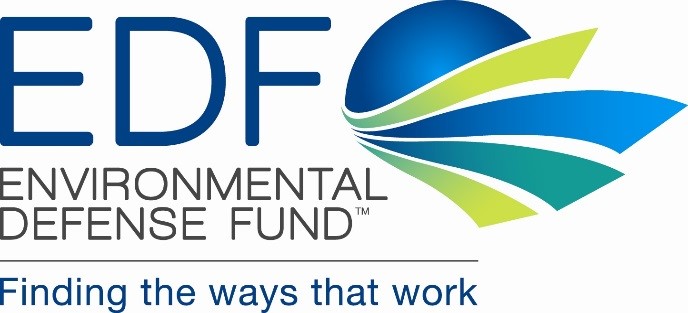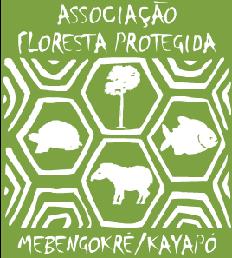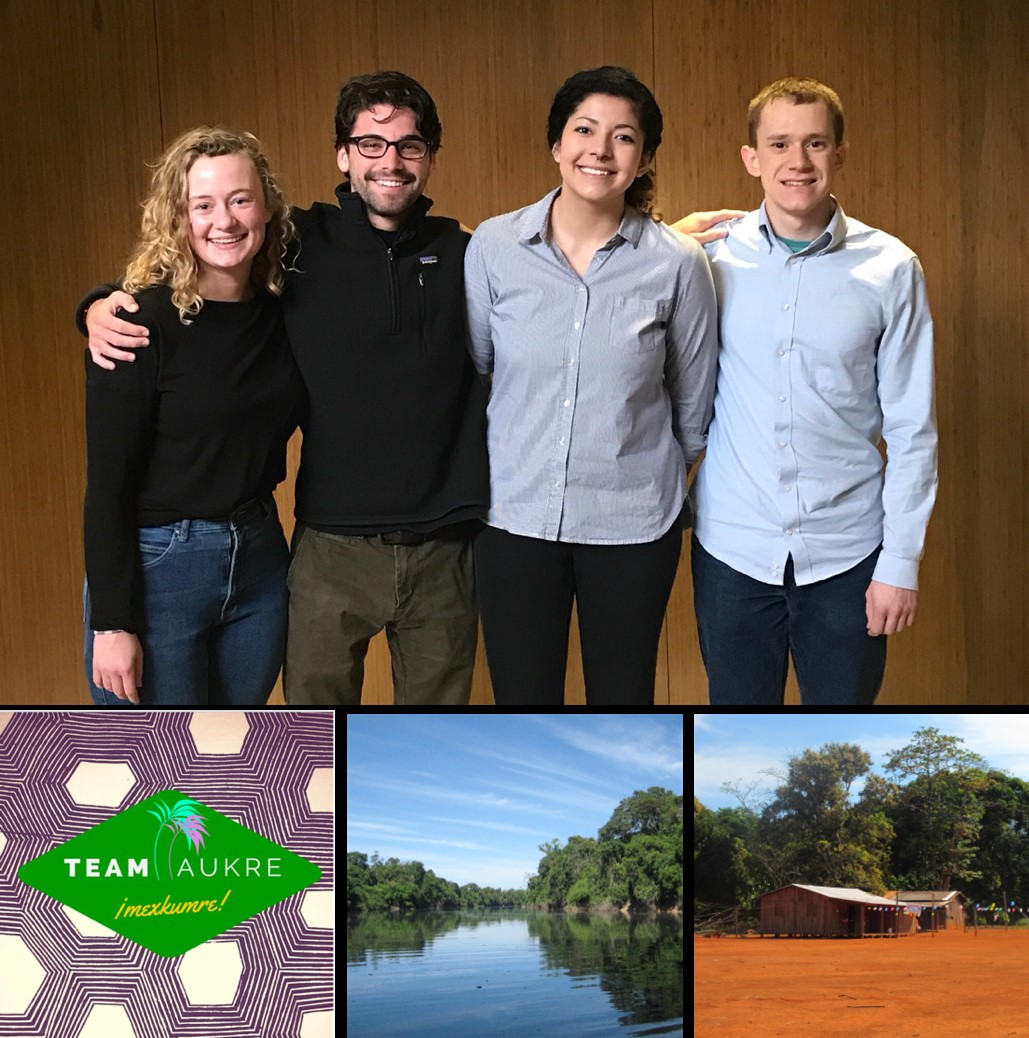E-Waste Management in the Kayapo Indigenous Lands of the Brazilian Amazon






The disposal, reuse, and recycling of electronic waste (e-waste) created from discarded electronics will continue to be an environmental challenge for many generations in communities around the world. In Brazil e-waste has been identified as an issue and multiple methods of management, both formal and informal, have been developed over recent years; however, the environmental and health impacts of e-waste are an ongoing concern for many communities. In particular, rural communities where there is no access to municipal waste disposal options experience the impacts of e-waste more directly in their surrounding environment and communities. The Kayapó, one of several indigenous peoples in the Brazilian Amazon, have utilized digital technologies and items such as motors, flashlights, solar panels, and other small personal electronics for several decades. Once these electronics reach their end-of-life they often are discarded into the surrounding environment, creating an accumulation of e-waste within the community.
Working with representatives from Conservation International and Kayapó NGO Associação Floresta Protegida (AFP), the senior design team will investigate alternatives and their impacts for managing e-waste within the Amazonian environment. Supporting this effort is a continued partnership with Departments of Anthropology at Purdue and Brazilian Federal University of Uberlândia, and the Kayapó community of Aukre. The team must maintain stewardship of these on-going community and university partnerships and include community perspectives and their values in the design process.
 Senior Design Team update:
Senior Design Team update:
The goal of this project is to provide a management plan and educational tools to guide non-biodegradable waste practices in the Kayapó community of A’Ukre, one of several remote villages located in the Kayapó Lands in the heart of the Brazilian Amazon. The Kayapó regularly use digital technologies for personal and community initiatives such as community-created films, festivals, and activism. Everyday activities are supported and enhanced by items such as motors, flashlights, solar panels, and other small personal electronics - all things which have an end-of-life. With only 2% of waste recycled in Brazil, the handling and proper disposal of waste can be a challenge in a community lacking access to roads and recycling facilities. This project works in partnership with the Kayapó community of A’Ukre as well as Conservation International Canada and Associação Floresta Protegida (AFP).
